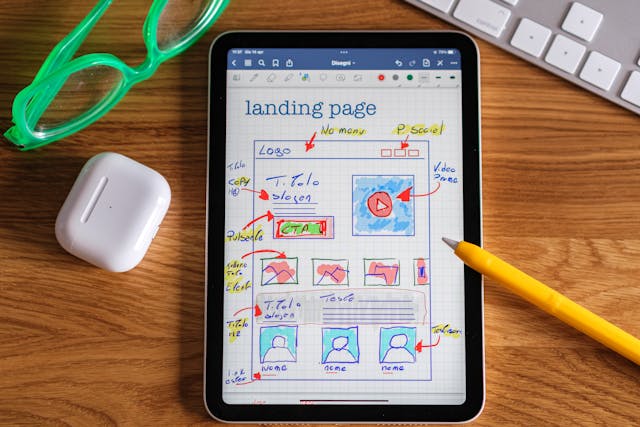
The Impact of Artificial Intelligence on Everyday Life: Beyond the Hype
Artificial Intelligence (AI) has gone from being a futuristic concept to an integral part of our daily lives. No longer confined to research labs or niche applications, AI is now embedded in the devices we use, the services we rely on, and even the healthcare we receive. But how is this technology shaping our everyday experiences? This blog explores the real-world impact of AI on personal technology, business, healthcare, and entertainment while also addressing concerns about privacy and employment.
AI in Personal Technology
From the moment we wake up, AI is already playing a role in our daily routines. Voice-activated assistants like Siri, Alexa, and Google Assistant respond to our commands, whether it’s setting a reminder, turning off the lights, or providing the latest news updates. AI-powered algorithms also drive personalized recommendations on platforms like Netflix and Spotify, learning our preferences and delivering content tailored to our tastes.
Even our smartphones are increasingly AI-driven, with machine learning algorithms enhancing everything from facial recognition for security to improved camera performance that recognizes scenes and adjusts settings automatically.
AI in Business
Businesses across industries are leveraging AI to streamline operations, improve customer service, and drive innovation. AI-powered chatbots, for instance, provide immediate responses to customer inquiries, reducing wait times and enhancing customer satisfaction. Predictive analytics tools help companies forecast market trends, optimize supply chains, and tailor marketing campaigns based on consumer behavior.
Moreover, automation through AI is transforming the workplace, taking over repetitive tasks such as data entry and report generation. This allows employees to focus on more strategic and creative tasks, boosting productivity while reducing operational costs.
AI in Healthcare
One of the most transformative impacts of AI is in healthcare. AI-powered diagnostic tools are helping doctors make more accurate diagnoses by analyzing medical data, such as MRI scans, faster and more efficiently than human specialists. AI’s ability to process large datasets enables it to detect patterns that may be overlooked, allowing for earlier detection of conditions like cancer.
Personalized medicine is another exciting development made possible by AI. By analyzing a patient’s genetic data, AI can recommend tailored treatments that are more effective based on individual biology. Telehealth platforms are also incorporating AI to provide remote consultations and predictive insights for managing chronic conditions.
Conclusion: AI is Here to Stay
Artificial Intelligence is no longer the stuff of science fiction—it’s a transformative force reshaping our daily lives. From personal assistants to life-saving healthcare applications, AI’s potential is vast and continues to grow. As we embrace this technology, it’s important to address challenges related to privacy and job displacement to ensure that AI enhances our lives in meaningful and ethical ways.






(0) Comment